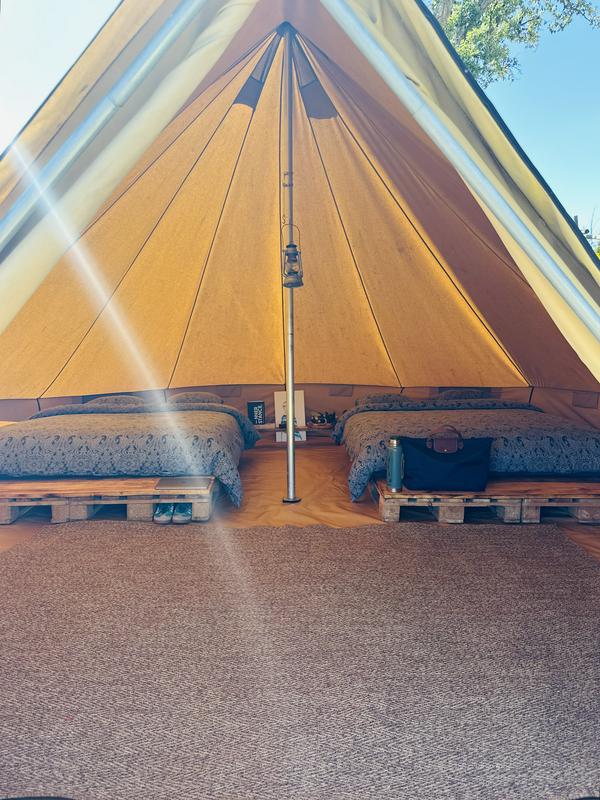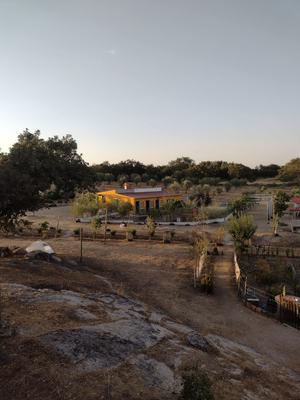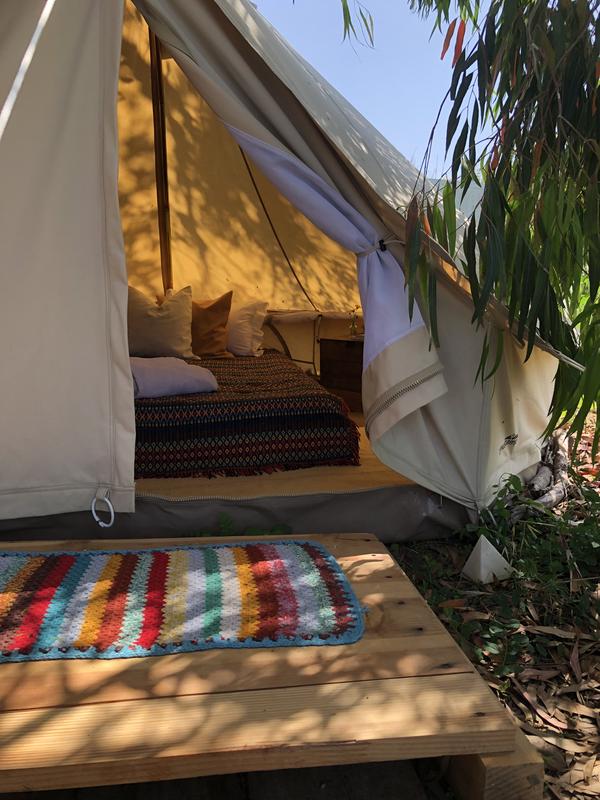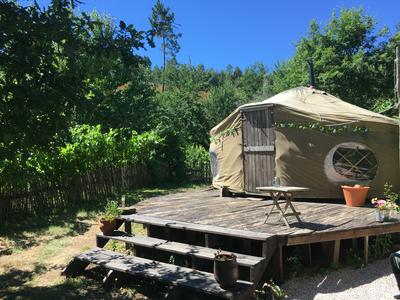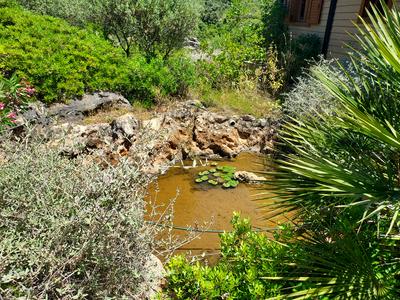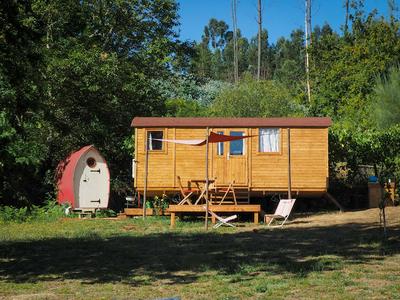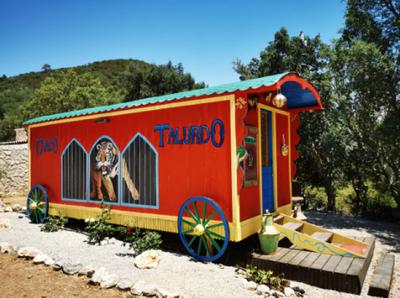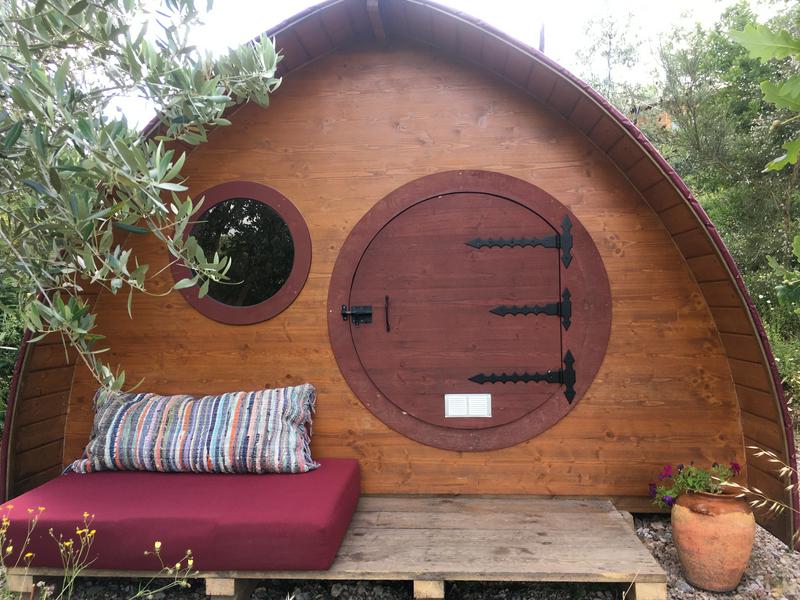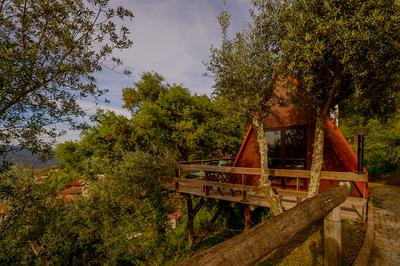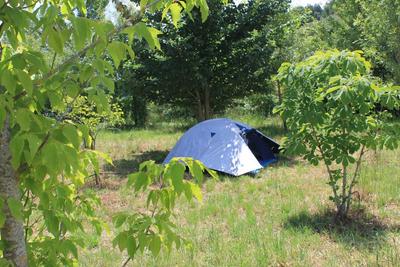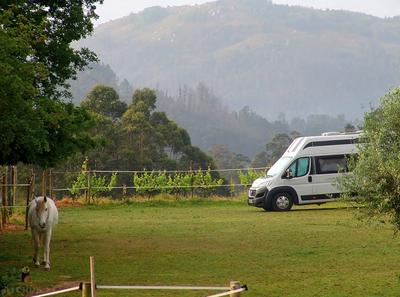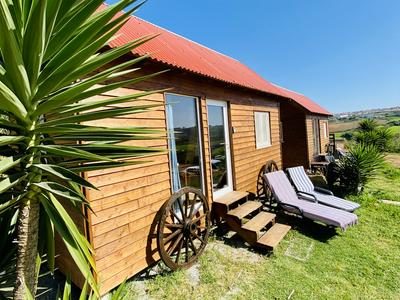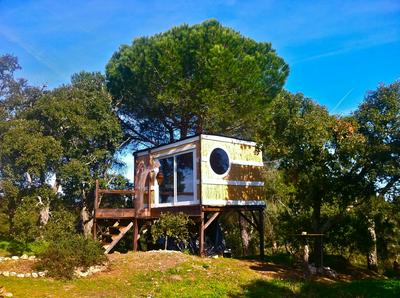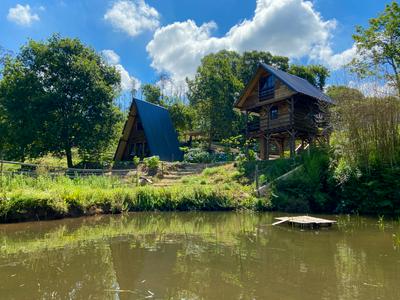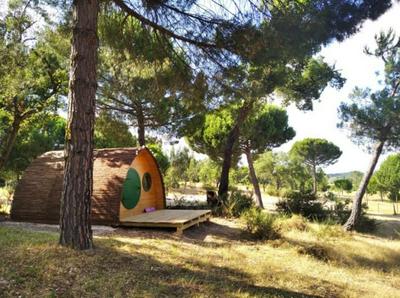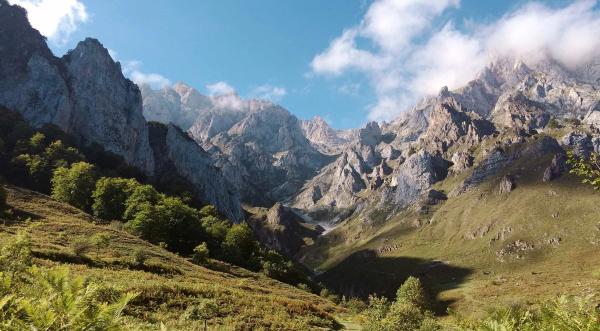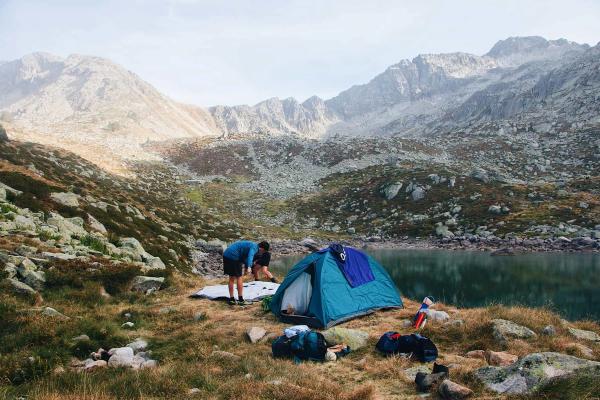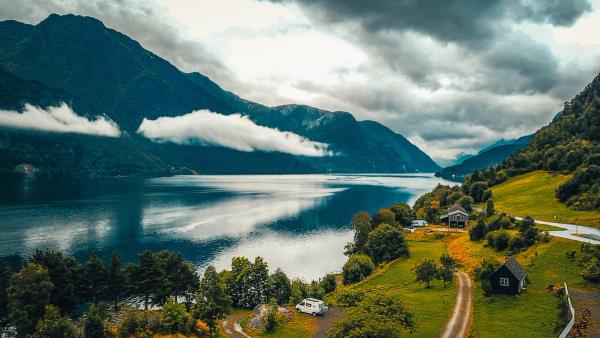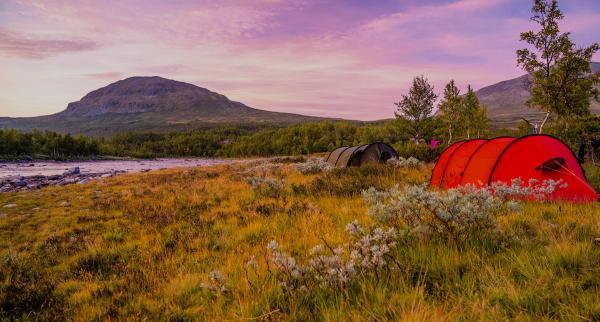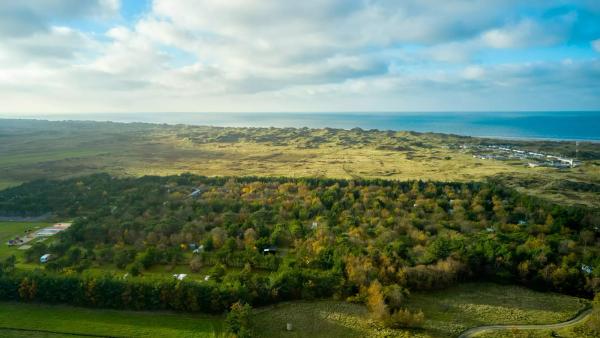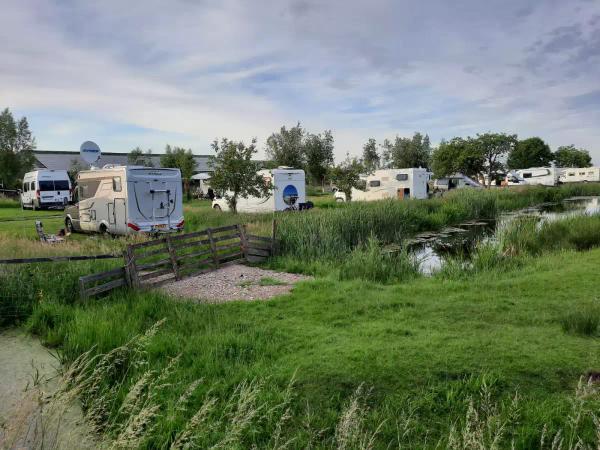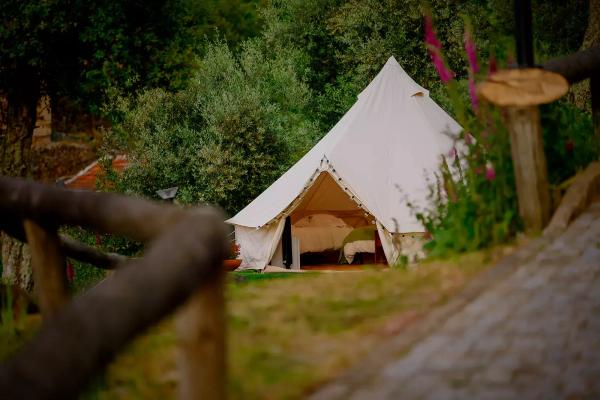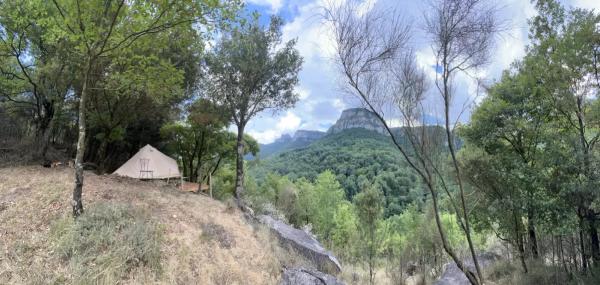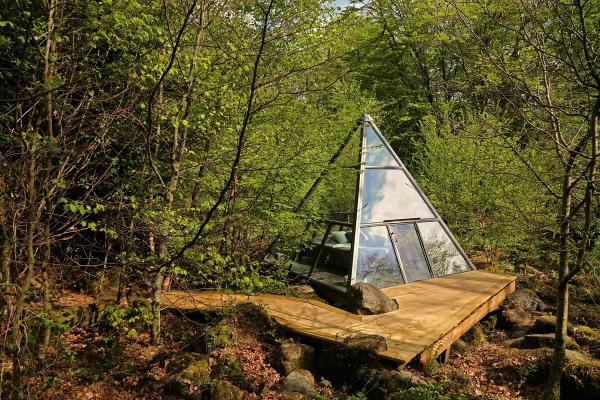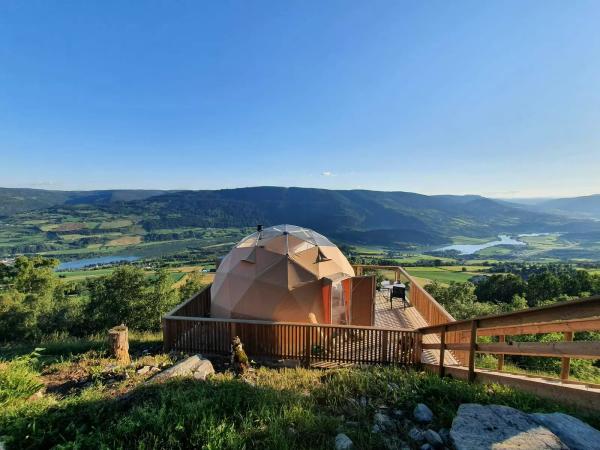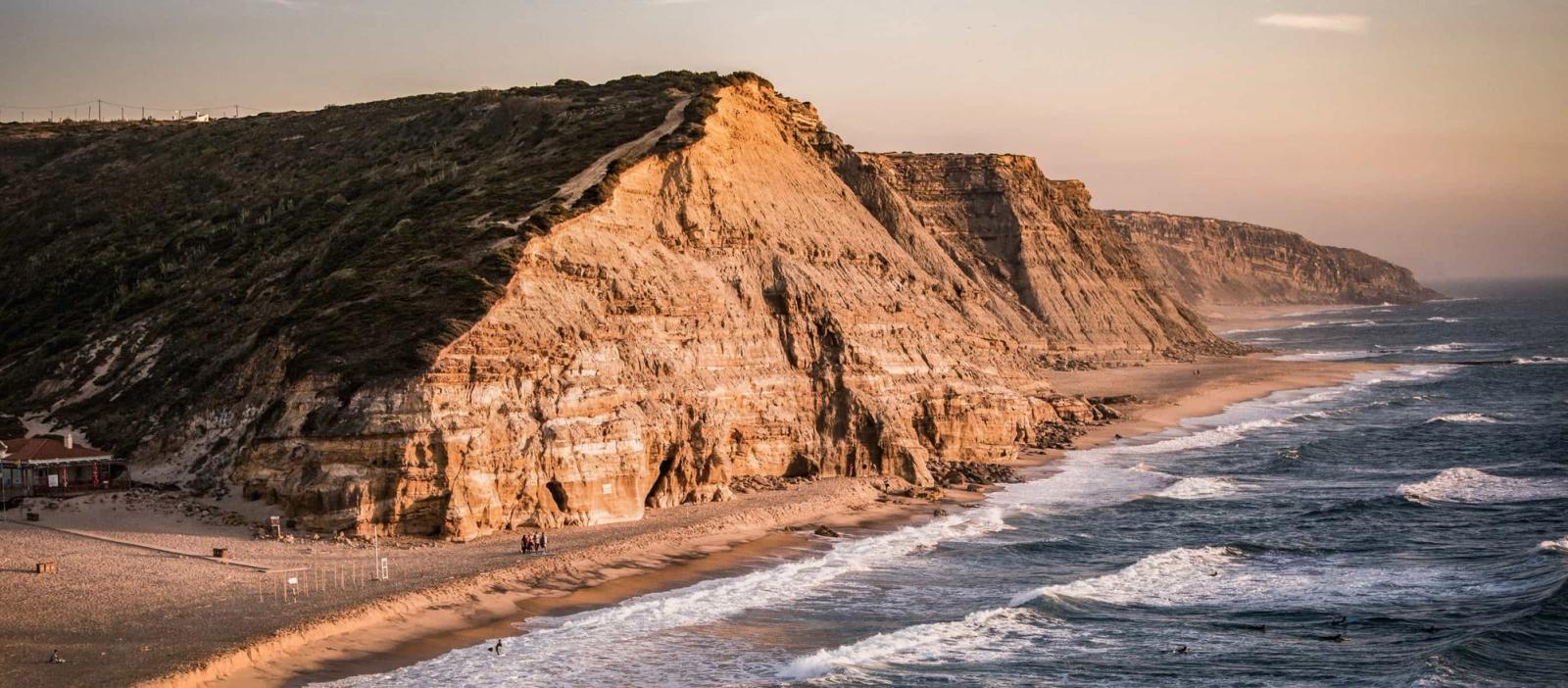
Camping in Portugal
Discover where to go camping in Portugal. Find and book the best campsites, RV parks, pitches, cabins and glamping sites.
Discover camping and outdoor stays in Portugal

Why Go Camping in Portugal
Ask any camper why they’d go camping in Portugal and the reply will include sunshine, beaches, and affordable. Portugal is one of Europe’s sunniest destinations and, with its spectacular coastline and unspoilt interior, nothing short of the perfect camping destination. Options for camping Portugal are widely available and mild regulations around RV camping facilitate road trips around the country. Glamping in Portugal has taken off in recent years and you can find many unique stays across the country.
Portugal Road Trip
Portugal is an incredibly rich and diverse country that has become the hottest destination in Europe. But that goes mostly for the capital Lisbon and the second city Porto, as well as the obvious surf destinations like Ericeira, Peniche and Sagres. In the south, the Algarve has been a top destination for tourists and expats for decades. Yet much of the beautiful countryside is relatively untouched, and all of it is very easily reachable through well connected and maintained roads. Frequent visitors know that you can only really get to know this beautiful country when camping in Portugal and traveling through the places less visited. The N2 road runs from Chaves in the north near the Spanish border, all the way to Faro in Algarve. It touches many historical and cultural highlights and is all regional roads – so road trippers can take it slow and camp at all across the country.
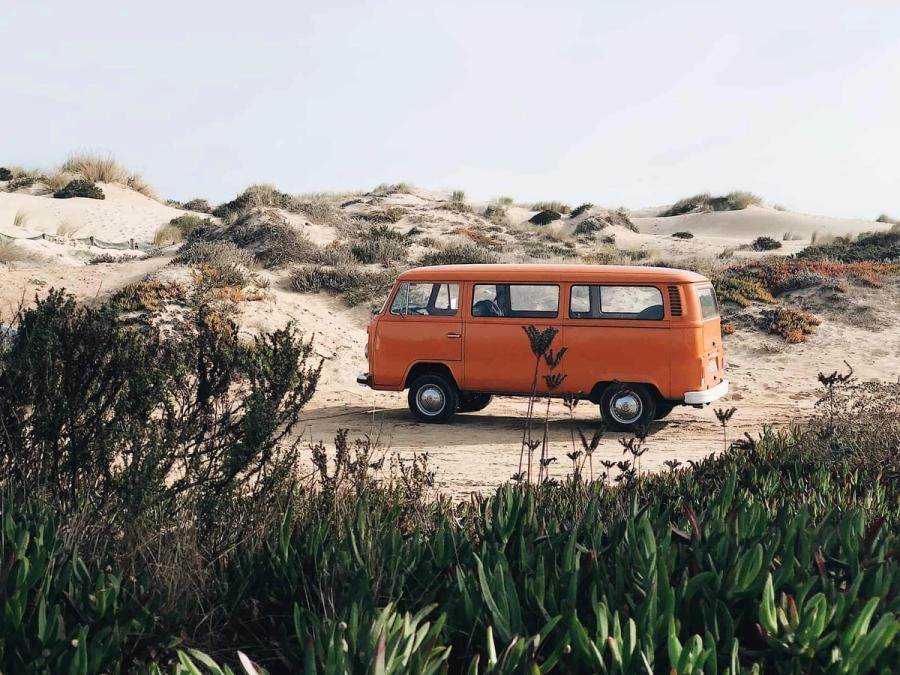
Surfing in Portugal
Portugal is arguably Europe’s premier surf destination. Epic waves collide with a cool surf culture in charming coastal towns. Besides, Portugal costs less than the average destination with so much surf and fun on offer. It’s the reason why many campers in Portugal are surfers looking to stay close to Europe’s best waves. All the camper vans parked near the surf beaches are a testimony to that. So why join the hype? Because Portugal has the right type of wave or every surfer, plus everything else that you could ask from a surf trip. But instead of adding to the growing problem of wild camping near the surf beaches, find an RV park nearby.
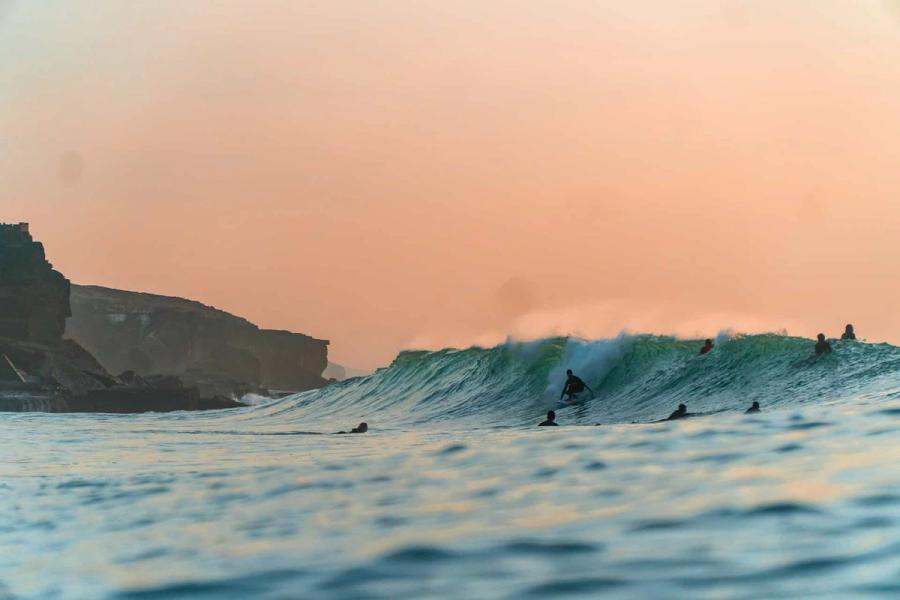
Insider tips for camping in Portugal
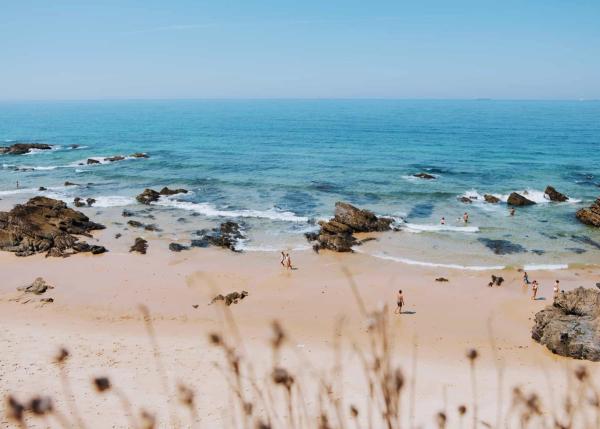
“During the summer holidays, many Portuguese go to Algarve to enjoy the beach. I prefer going to the Costa Vicentina in Alentejo and exploring the wild beaches. Praia da Amália must be my favorite. Bring a cooler with some cold cans and a lunch, because you won’t find anything around. And bring a beach umbrella!”
- Madalena, 24
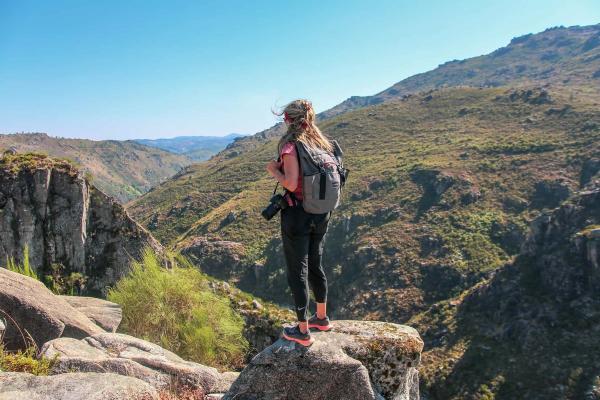
“Summers get hot in Portugal and there’s nothing more refreshing than the water from a mountain stream. The green mountains of Gerês have really nice campsites and you can swim, hike in the shade of trees, and you can cross into Spain for some huevos rotos.”
- Beatriz, 27

“Portugal receives plenty of campervans in summer and winter, especially in the Algarve around the surf beaches. We love having people over, but not everyone knows where to camp for longer periods. I know there are some really nice micro campsites owned by locals and that have welcoming camper communities that spend the winter there.”
- Christian, 24

Camping Portugal: Find the Best Way to Camp

Campsites
Camping in Portugal is popular in certain areas, like on the coast in Milfontes and Porto Covo, or in the mountains of Gerês. You will also find campsites near popular surf destinations such as Ericeira and Peniche. Lisbon and Porto also have campsites nearby.
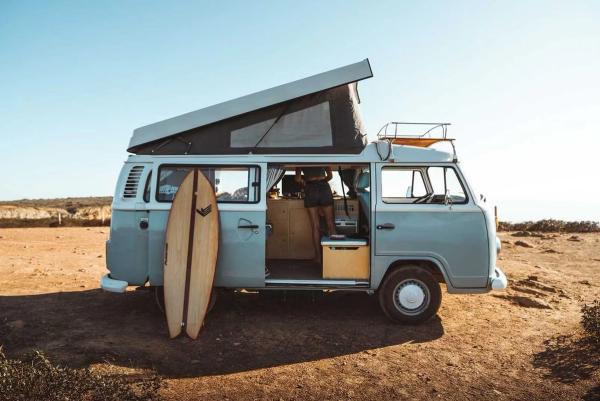
RV camping
Portugal is a popular campervan destination and the amount of small RV campsites is growing. You can easily do an RV road trip in Portugal and stay at RV campsites from north to south. Need a campervan for your road trip in Portugal? Siesta Campers have lots of beautiful vans across the country, from original 70s models to cutting-edge electric vehicles.

Glamping
If you’re looking for a unique way to wake up under the Portuguese sun, try glamping in Portugal. The long summers and the landscape are ideal for glamping in a safari tent or teepee. Find glamping on a farm or vineyard to enjoy the best of the land.
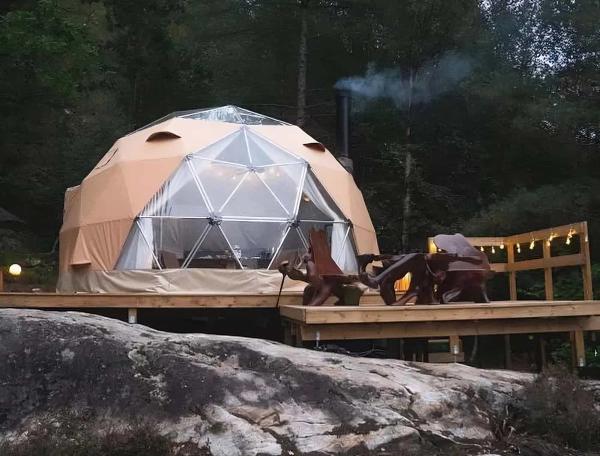
Domes
Domes are very efficient structures and are an alternative way of glamping. Glampsites and private landowners choose them to create a permanent holiday home for the nature lover. You can find some in the Portuguese woods and hills.

Yurts
No tent is as beautifully handcrafted as the Mongolian yurt and the Portuguese agree. Yurts are often found at glampsites or communities that offer people a way to spend time in harmony with nature and themselves. Check this glamping yurt in São Jorge island in the Azores.

Cabins
The cabin is the original outdoor dwelling and that’s why you can find wooden cabins everywhere in Portuguese nature, but especially in the underexplored north where hills and forests stretch as far as the eye can see.
Popular Camping Destinations in Portugal
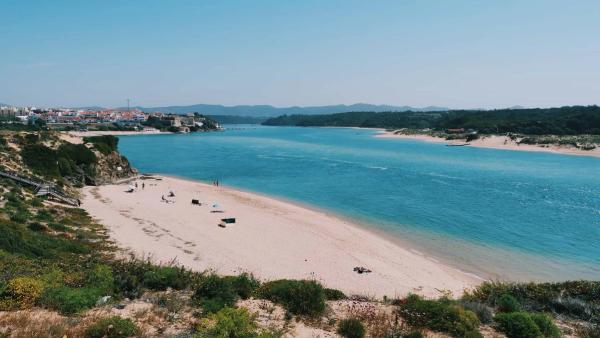
Milfontes
Camping in Vila Nova de Milfontes is a great idea. The popular beach town on the Costa Vicentina looks over the estuary of the Mira River, sheltered from the wind and waves of the Atlantic.
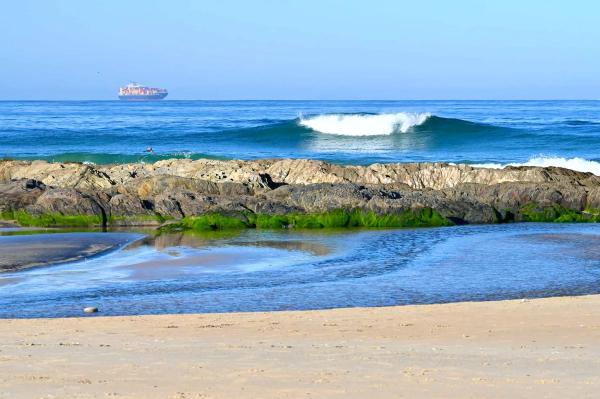
Porto Covo
Porto Covo in Alentejo is a postcard image of a traditional Portuguese fishing village. Find a campsite in Porto Covo for sandy beaches and less crowds than in Vila Nova de Milfontes.
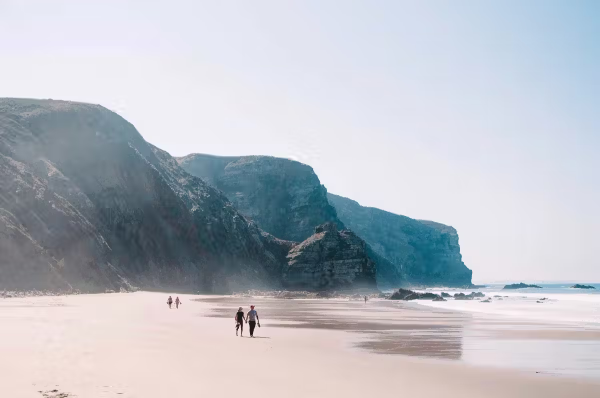
Costa Vicentina
Both Vila Nova de Milfontes and Porto Covo are on the coast of Alentejo. But besides the two well known towns, you will find many more beaches and campsites on the Costa Vicentina.
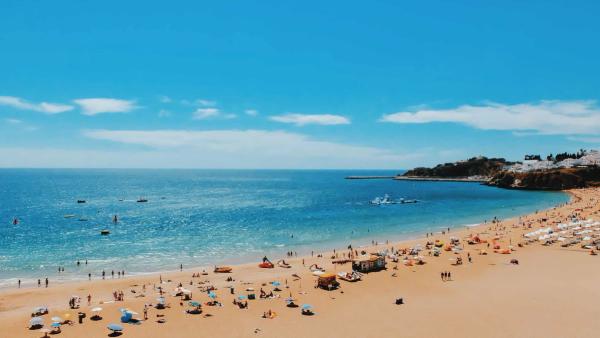
Albufeira
There’s something for everyone in Albufeira, the largest and liveliest resort town in the Algarve. Reason enough to go camping in Albufeira.
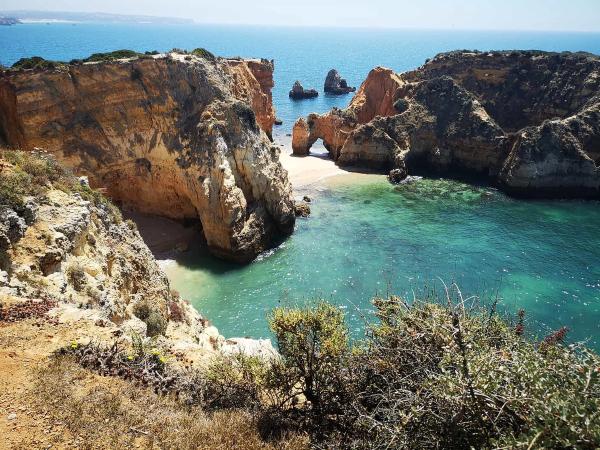
Algarve
With Portugal’s most hours of sunshine and warmest waters, camping in Algarve is rarely a bad idea – whether you visit its glorious sandy beaches or hidden inland towns.

Ericeira
If you’ve tried surfing then camping in Ericeira is on your wishlist – and for good reason. The traditional fishing town with a cool surf vibe has some of the best waves in Europe.

Frequently asked questions about camping in Portugal
Can you camp anywhere in Portugal?
If you’re wondering whether wild camping is allowed in Portugal, the short answer is no. Wild camping in a tent is not allowed in Portugal. However, overnight stays from (9 pm to 7 am) in motorhomes are allowed for up to 48 hours in a given municipality – unless it is locally prohibited. Most popular areas and beaches in the Algarve prohibit overnight stays. Overnight stays are also prohibited in any protected area or Natura 2000 site. When tent camping, campsites are the only places where you can camp.
How much do campsites cost in Portugal?
Portugal is an affordable country to go camping. The larger and popular campsites in Portugal cost around 25 euros for a tent or campervan pitch. The same goes for the more upscale, eco campsites. The number of micro campsites in Portugal is growing. These are often privately owned and cheaper.
Is it safe to camp in Portugal?
If safety is on your mind, rest assured – it is very safe to camp in Portugal. It’s considered one of the safest countries in the world according to the Global Peace Index and crime rates are very low. Exploring nature while camping is also safer due to the absence of dangerous animals. Just beware of environmental dangers, like forest fires in summer or unstable cliffs.
Can you tent camp in Portugal?
Tent camping in Portugal is great due to the country’s many sun hours and mild climate. Nature is abundant and the environment free from dangerous animals. But don’t try to pitch a tent anywhere in nature, as wild camping is officially prohibited in Portugal. That means you can’t just visit a natural park and camp anywhere. Luckily, there are many great campsites in these areas – from micro campsites to resort campsites. If you want to explore the country and tent camp in Portugal, simply book a pitch on the go.
Is it legal to camp in Portugal?
That depends on where you camp. Wild camping in a tent, or boondocking, is officially prohibited in Portugal. Wild camping is especially banned in areas that are protected, are covered by the Coastal Development Plans, or belong to the Natura 2000 network. Violating these rules can get you fined for up to 600 euros. Staying overnight in a campervan is allowed between 9 pm and 7 am and for up to 48 hours in a given municipality, but that is without setting up camp. That means you can’t exhibit any camping behavior outside of your vehicle during your overnight stay. Camping, whether by tent or RV, is only fully allowed at campsites.
Login
